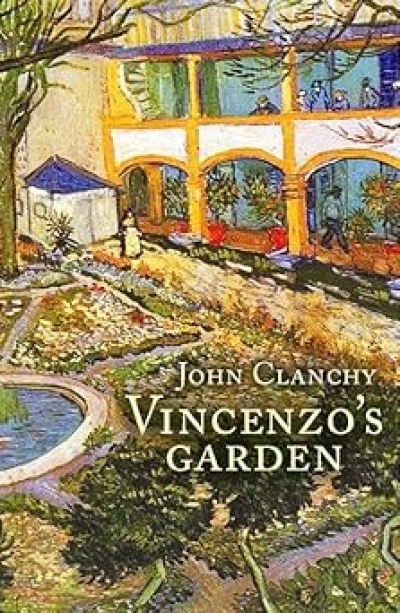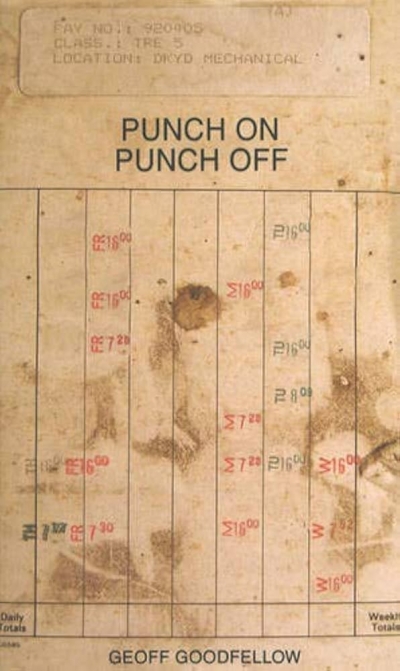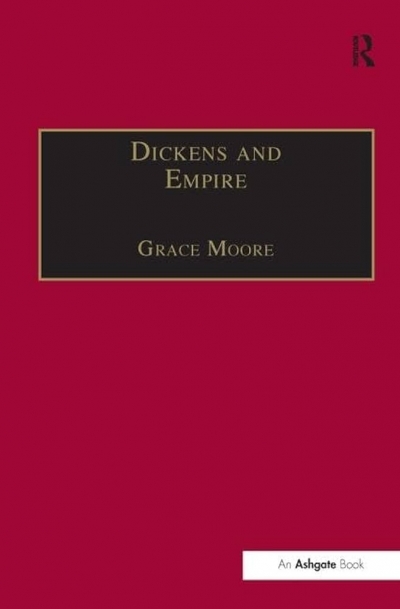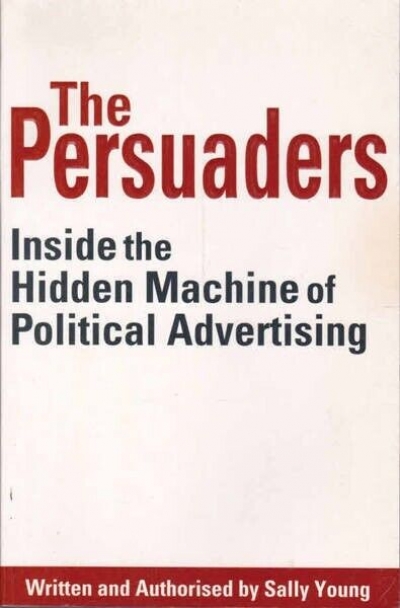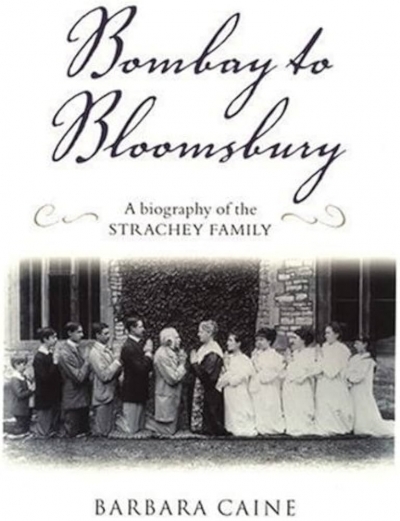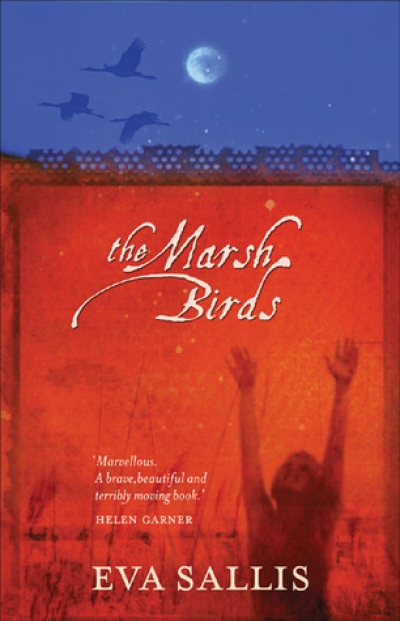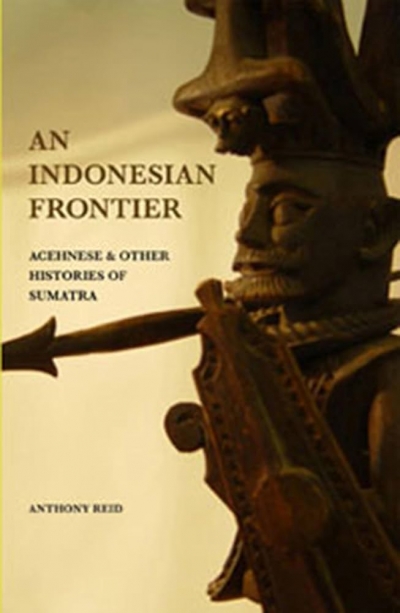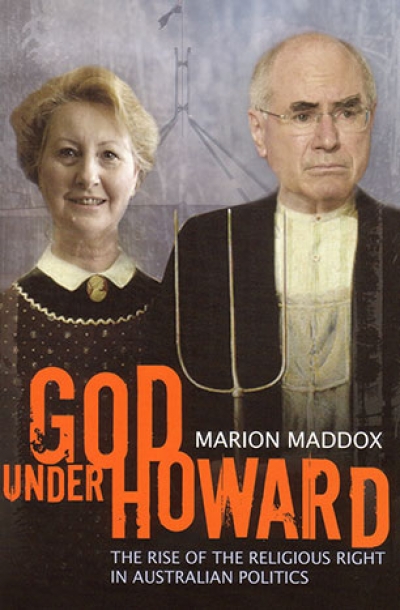Archive
Punch On Punch Off by Geoff Goodfellow & Fontanelle by Andrew Lansdown
by David Gilbey •
Dickens and Empire: Discourses of class, race and colonialism in the works of Charles Dickens by Grace Moore
by Graham Tulloch •
The Persuaders: Inside the hidden machine of political advertising by Sally Young
by Grant Bailey •
Bombay to Bloomsbury: A biography of the Strachey family by Barbara Caine
by Ian Britain •
An Indonesian Frontier: Acehnese and other histories of Sumatra by Anthony Reid
by John Monfries •
What should an Australian museum collect? How should permanent collections affect exhibition policy? Who should decide what to buy? These are three provocative questions raised by the current survey of English art over several centuries at the Art Gallery of South Australia, an exhibition drawn exclusively from its permanent collection.
... (read more)God Under Howard: The rise of the religious right in Australian politics by Marion Maddox
by James Upcher •

